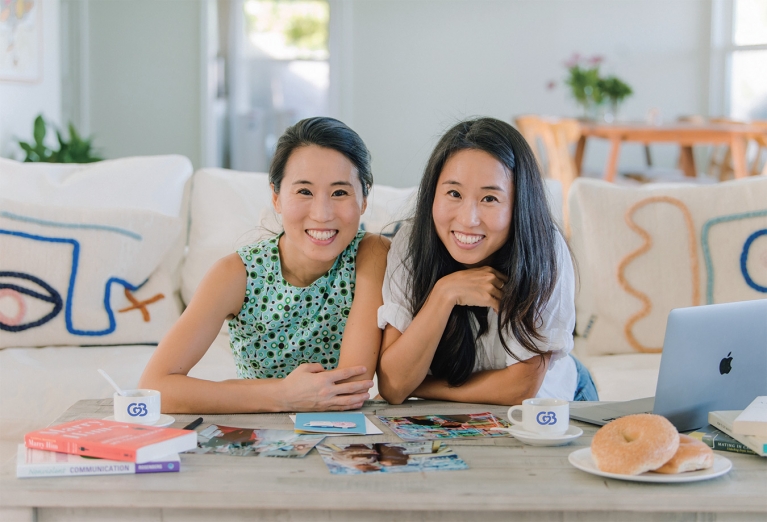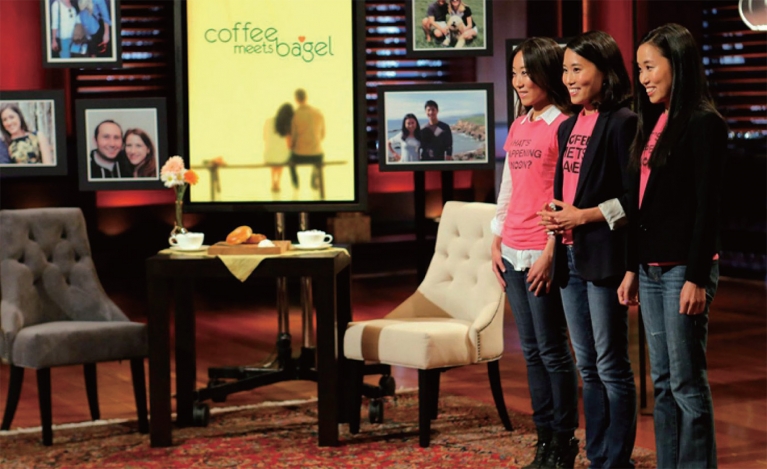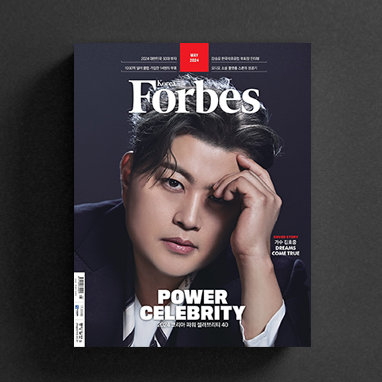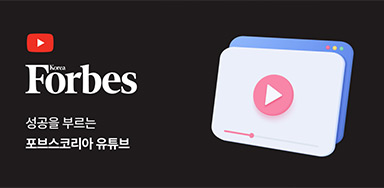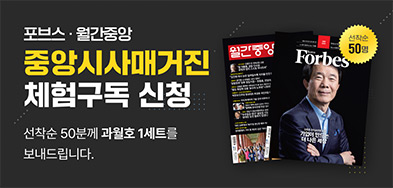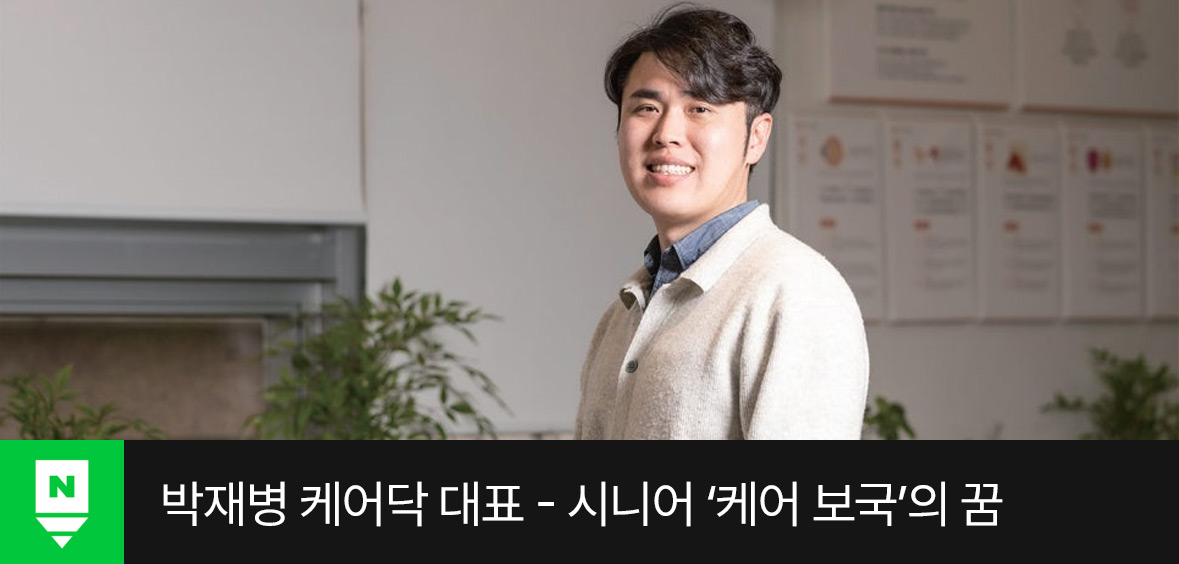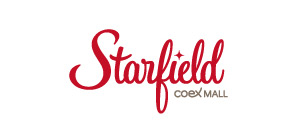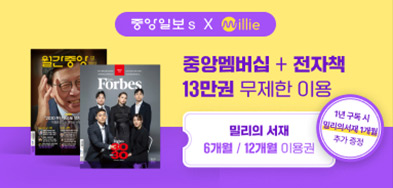|
She was right about the dating market. The demand for quality relationships was rising in online dating in conjunction with an important cultural shift. Farewell was the day people were too shy to confess they had met online on their wedding vows. In 2023, a Business of Apps 2024 dating report valued the dating app market at $5.34 billion, with an over 6% annual growth potential for the next six years. It aligns with a 2024 Forbes Health Survey, where nearly 70% of individuals today meet their romantic, exclusive relationships on a dating app. So how do you fight such competition, build a successful product, build an agile team from scratch, and do this with family co-founders? You start by creating a strong foundation of trust and resilience by believing in yourself and your vision.The Kang sisters' passion for entrepreneurship first started at home. Both parents were entrepreneurs in Seoul. Their father had a scrap metal recycling business for over forty years right out of college with his brother, and their mother, who stayed home during their childhood, started her own business later. “I don’t think I quite understood the stress associated with it, but I’ve seen them go through this, and I think part of me was, ‘Wow, this is an exciting journey to create something out of nothing.’ My sisters and I would toy with different ideas throughout our academic years and when we had traditional professional jobs,” said Arum.Still growing up in Seoul, where competition and high pressure for excellence were normalized, the sisters recall the downside effect of over-emphasizing high performance. For Arum, who felt average at school, her father’s confidence that she would be “an extraordinary kid one day” pressured her to fulfill “this expectation to perform some extraordinary thing almost made me more afraid [to do anything], and made me desire even more to ‘be completely ordinary.’” Dawoon, who recalled being a regular ‘A student’ at school, felt her success was all just luck. “I wasn’t confident when I was young. Even when I got into Stanford, I remember thinking, ‘Oh wait, did they have the wrong phone number?’” she said. It didn’t help that moving abroad as a child away from Korea, where she thrived academically and was vocal, made her lose confidence in her voice. “I lost the ability to speak and felt shame for not speaking well. I had to regain that confidence,” she added.
The wake-up call to test their collective problem-solving skills came when they were forced to do it on their own. The Kang sisters found themselves in Hawaii during their teenage years while their parents were still in Korea, and they quickly realized they had to figure things out by themselves. “We had a guardian, but for the most part, we were alone, and we had to learn to be independent very fast,” said Arum as she recalled how the sisters booked a week trip to D.C. on their own. “I was only in tenth grade, but we weren’t afraid. We forgot to tell our parents that we were going. There were no cell phones back then. We returned home to fifty messages from our parents worried about us. That may be extreme, but that’s how independent and close we became. We knew we could do anything together,” said Arum.So when Arum brought the three sisters together one day to consider tackling the dating business, they were ready to tackle a challenge together again. Soo was the designer, Dawoon was the people builder, and Arum was the business lead, and they went straight into problem-solving. “I’m not focused on trying to solve all the problems for the next ten years. I want to fix this problem now and get into it,” said Arum. Her “just do it (그냥 해)” attitude is what helped them collect their first thousand users among friends and family in NY to test out the product in 2011.Bootstrapping a business from scratch is challenging. Even if you are willing to spend hours fixing things in the backend to create a quality user experience, many things are out of your control. Fortunately, so is your good fortune, too. “One day, the engineer we hired to build the early prototype completely disappeared. I was screwed. This was already launched, and people were using it. I went to Craigslist and every online platform to find someone. That person joined for six months or so and then left. I knew funding was key. That's when a CMB user reached out. ‘I’m your user and an angel investor. I really like what you built. Are you looking for funding?’ It gave me the confidence to know I can fundraise. I went to SF (San Francisco) to start several meetings with VCs to raise our first funding for CMB and secured funding from Lightbank to start CMB in 2012,” recalls Arum.
|
The importance of believing in oneself while challenging who you are as a leader is a lesson both Arum and Dawoon keep emphasizing because they feel they didn’t always get to live it fully. “I used to lead by fear. I thought that’s how it’s supposed to be,” recalled Arum. Moving to San Francisco, having a fancy office, hiring engineers with particular academic backgrounds, and leading in a specific style were all expectations that she thought she had to follow to build a successful tech startup. “Three to five years later, we saw a lot of turnover, which was a huge wakeup call. I also wasn’t happy. I knew I had to change how we lead.”Dawoon recalls how hard it was to manage talent. “Trust building is important in a team. I was afraid that when [I let go of someone], it would cause trauma, so then I’d take too long [with candidates] who weren’t a right fit. They may be a high performer but not a good collaborator. It’s a common mistake many leaders make.” The relationship-builder in her was even more drained in these moments because she cared about the people. “I was quite shy and sensitive growing up. I absorbed a lot of other people’s emotions and energy around me,” she said.Radical change was needed, and the Kang sisters knew it had to start with themselves. “Redefining what kind of leader I am and fully embracing how to thrive authentically really made a huge difference,” reflected Arum. From leadership training, executive coaching, to fellow entrepreneurs' peer mentorship programs to reading, the sisters took the growing pain points as an opportunity to grow the business and themselves as individuals. It helped them clarify that the best talents can be found anywhere and gave them the confidence to close the SF and Seattle offices to become a fully remote global company. They report that most of their employees today are mid-career and senior-career who have happily stayed for more than four years, double the average one to two-year tenure seen in similar tech firms.
It also helped them build a strong company culture with regular annual retreats and a healthier lifestyle, practicing a four-day work week, away from the hustle cycle that worked 24/7. “When people say no to a very different idea, it’s important you don’t push or force it,” said Dawoon. “They will resist it. You never know what’s going on inside. When we had good talent who had a counteroffer to leave somewhere, we knew that if we didn’t do something different, we would lose good talent. So it took some time to convince my executive team to agree with me when I suggested the four-day work week.”Arum remembers the resistance, including claims that the four-day work week would decrease productivity five years ago. However, as they brought on more talent from diverse cities, they realized the importance of giving the team flexibility and autonomy, which also increased productivity. “If you don’t trust them, it doesn’t matter where they are; you can’t work well. Trust is key. We have already asked people to work in different time zones. By giving them a four-day week, we empowered them to manage their time and projects more effectively, and it worked,” said Arum. Today, every team member at CMB is offered these perks.These changes in the past few years brought out the best in the Kang sisters professionally as leaders and personally as they both became mothers with young children during the pandemic. Soo left CMB years ago due to the intense hustle culture, and now Arum and Dawoon wonder what it would be like if she could have stayed to enjoy these perks today. The remote perk also permits the sisters to operate globally from different locations - Arum from San Francisco and Dawoon from Portugal, where her family recently moved. “As female founders, we want to change how we think of leadership as we are learning to lead differently lately, too,” said both Kang sisters. They add that they're proud to be a female-founded company not because it ‘sounds cool’ but because diversity, equity, and inclusion are fundamental to the DNA of CMB. DEI is threaded into their company culture and benefits - from compensation to training to driving results with trust at the forefront.
“I’ve made many mistakes, and there are many things you just can’t prepare for. You just need to do it. When you care less about the outcome, then you feel more confident, and you have more fun. This is not being afraid of failure,” said Dawoon. Arum agrees and adds, “I hope others feel encouraged to know that you don’t have to know everything early on to find success later in life. Now I know that extraordinary things in life actually happen in ordinary life.”From childhood to entrepreneurship, the Kang sisters reminded me how clear conviction starts from believing in oneself and finding others who believe in you. “I heard someone say this once: It only takes one person to believe in you. I think our parents are why we could do everything we did. They sent us abroad. They completely trusted us that we’d do the right thing. And maybe because they trusted in us, we believed in ourselves, too. It made us work hard and have faith in ourselves,” said Dawoon. Success is truly earned and best gained through the growth we overcome and the courage to believe in ourselves. I hope the Kang sisters’ journey encourages you to fight through the “impossible” tasks you face and believe in your voice and journey too.
Monica H. Kang, Founder and CEO of InnovatorsBox and Author of Rethink Creativity, is a leadership coach transforming today’s workforce with innovation. She helps companies worldwide rethink culture, leadership, and team development by making creativity practical and relatable regardless of industry or job title. Before InnovatorsBox, Monica was a nuclear nonproliferation policy expert. She holds an M.A. from SAIS Johns Hopkins University in Strategic Studies and International Economics and a B.A. from Boston University.


